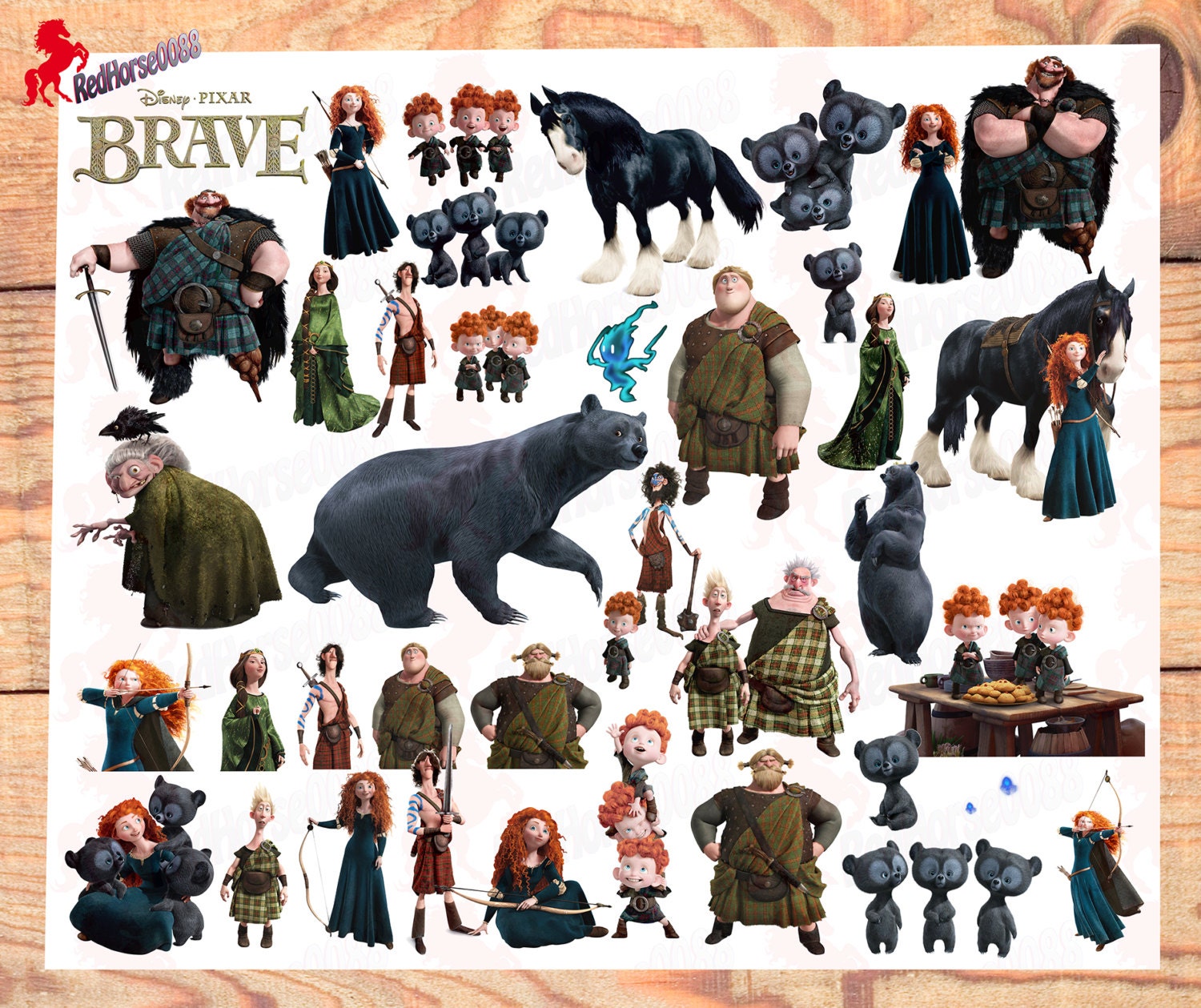

While opening up to tell a painful story can be hard and sometimes embarrassing for the author, that’s the covenant the memoirist has taken when deciding to write a memoir: to be honest in telling their story. The point of a memoir is for the author to tell their story-being honest, truthful, and forthright. If possible, always write a memoir under your real name. While they might still recognize themselves, you’ve protected yourself legally.

Changing their name, description, and the city they live in is a quick, easy method to avoid issues with possible defamation and invasion of privacy complaints. But when getting written permission isn’t something you can or want to do, it might be easier to change the names of the characters in your memoir. You can use the real names of those who have given you written permission to do so. Don’t use the real names of people you speak negatively about. If you can’t or don’t want to get written permission to use their name in your memoir, let’s move on to rule #2…Ģ. The rule of thumb is that if you don’t have their permission to write about them (whether good or bad), just don’t do it. If you’d really like to use real peoples’ names, it’s imperative to get their written permission just in case. But some people might see themselves in a memoir and try to sue on defamation or invasion of privacy grounds. It’s true that under the First Amendment, authors can write whatever they want-they are entitled to their opinion. In memoirs, this can be an abusive ex-boyfriend, a controlling mother-in-law, an incestuous uncle.Įven though these might be “bad” people according to the author, there are ethical and legal issues that arise when writing and publishing negative things about someone. (Hey, I wouldn’t mind if someone wrote wonderful things about me!) It’s the characters that act badly-those who have hurt the author (and story’s protagonist) in some way. Most people won’t complain if you’ve written glowing things about them in your memoir. But others might be harmful or hurtful, and they are portrayed in a negative light in the memoir. Some people in our life help us, and they are portrayed as “good” characters on the page. Use the real names of people you’ve gotten permission from.


 0 kommentar(er)
0 kommentar(er)
